
Trump’s tariffs list is missing one big country: Russia
President Trump unveiled tariffs of at least 10% Wednesday on virtually the entire world, with one notable exception: Russia. The intrigue: Press Secretary Karoline Leavitt
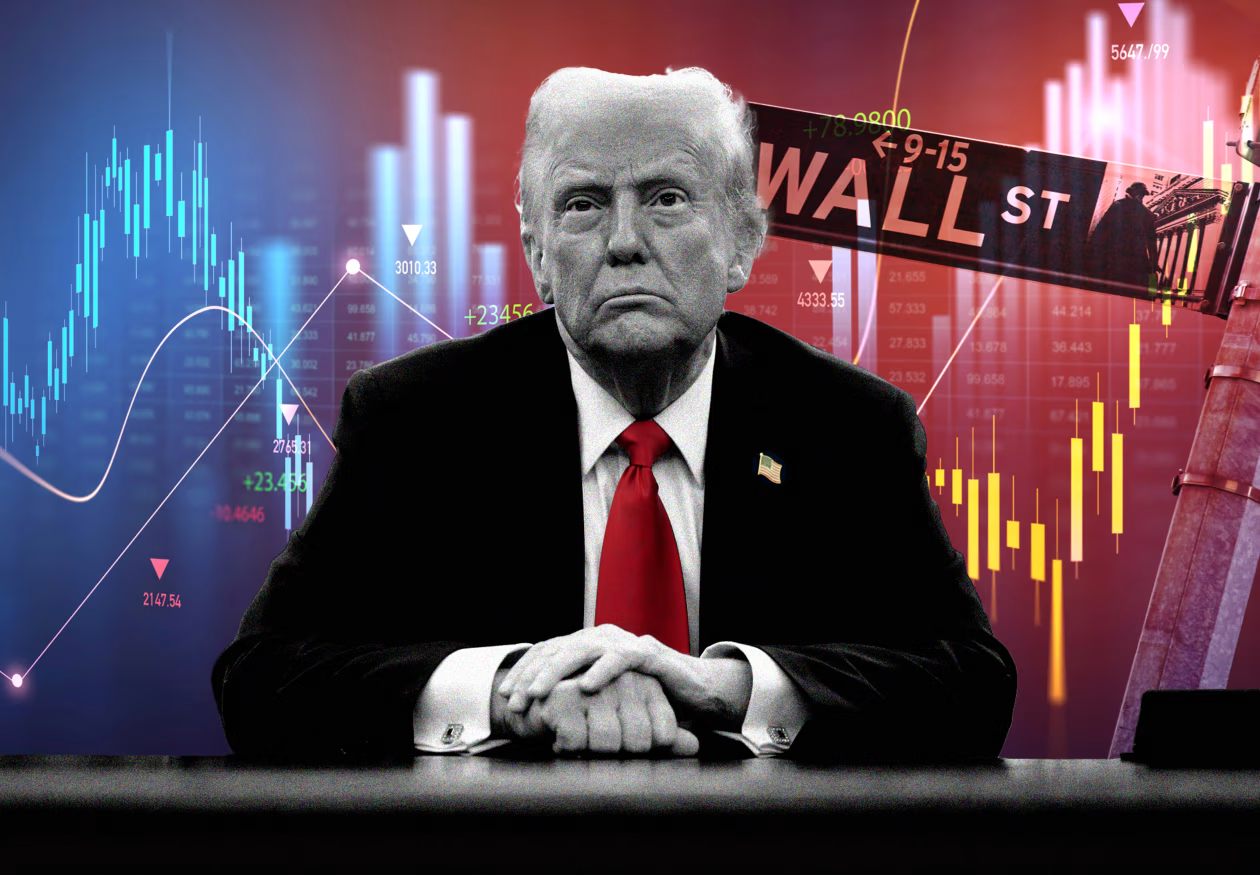
President Donald Trump’s second‑term agenda promises dramatic shifts in U.S. economic policy.
Mainstream economists warn consumers will feel a squeeze from rising prices,
while businesses face a supply‑constrained environment that slows hiring.
The danger isn’t an immediate collapse, but a steady buildup of inflation,
structural inefficiencies, and mounting debt—conditions that could tip the country toward stagflation or even a “Trumpcession.”
Tariffs could cost households thousands more per year, while mass deportations would shrink the labor force and raise costs in critical industries. Meanwhile, Trump’s tax and spending proposals are projected to add trillions to the national debt, driving up interest rates and straining both federal and local budgets.
The risks to everyday Americans—and to the broader economy—are real. The road ahead may be marked by higher costs, fewer jobs, and greater instability.

President Trump unveiled tariffs of at least 10% Wednesday on virtually the entire world, with one notable exception: Russia. The intrigue: Press Secretary Karoline Leavitt

Parents face surging kids’ clothing costs—up to 145%—due to 2025 tariff hikes, prompting thrift shopping, swaps, and creative budget strategies.
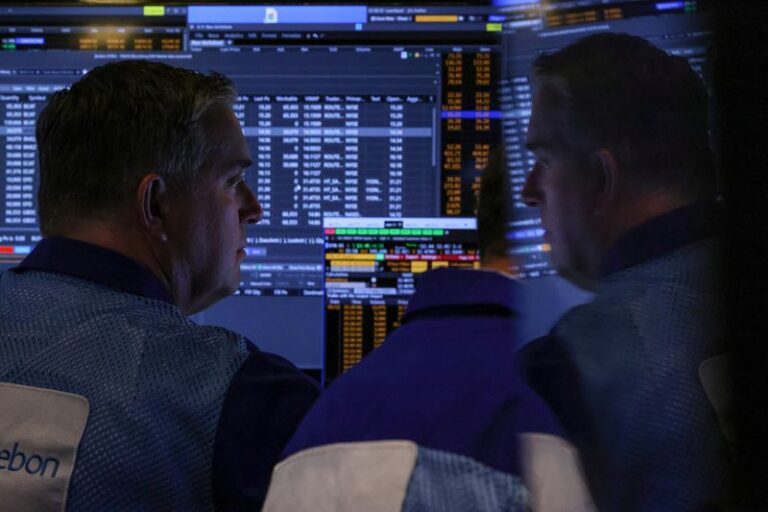
Trump’s global tariff threats leave S&P 500 forecast flat for 2024, as earnings outlook dims and strategists brace for ongoing trade uncertainty.

Target CEO warns Trump’s tariffs could trigger massive costs and falling sales, as inflation and boycotts pressure consumers and retailer pricing.

Some small business owners say Trump’s 90-day tariff pause with China adds uncertainty, forcing delays in orders, pricing, and expansion plans.
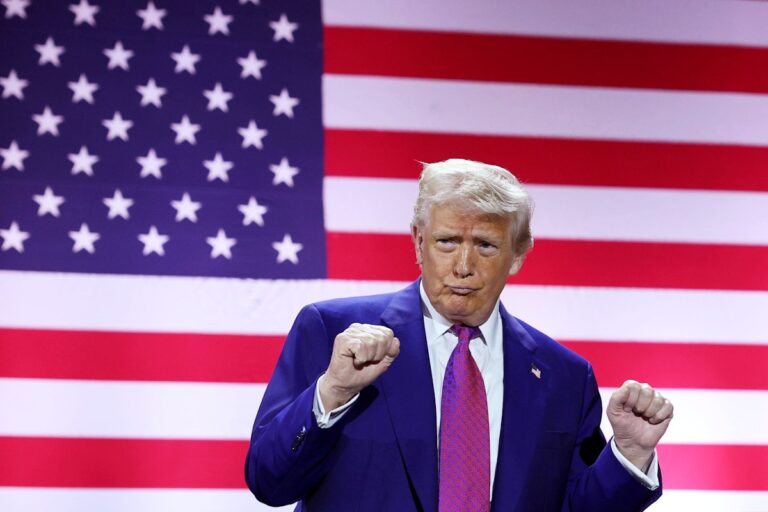
Trump’s China tariffs drop amid global pushback, with nations delaying talks as U.S. pain mounts and leverage shifts away from Washington.

Trump’s tariff deal with China raised costs for small U.S. businesses, forcing many to adjust supply chains or raise prices to stay afloat.
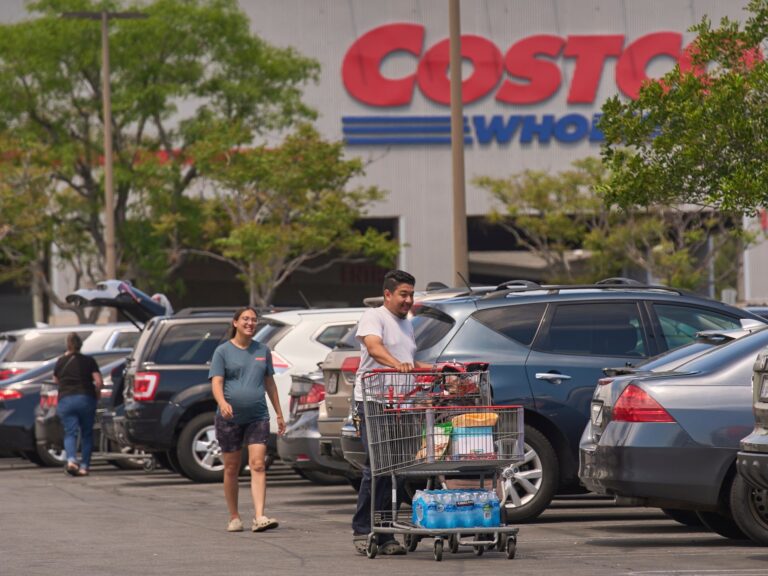
Estimates suggest Trump’s tariffs could cost US families $3,100–$4,900 yearly, hitting low-income households the hardest with higher prices on goods.

Kraft Heinz seeks 60-day notice from coffee suppliers before tariff-related price hikes, aiming to manage costs amid rising bean prices and trade shifts.
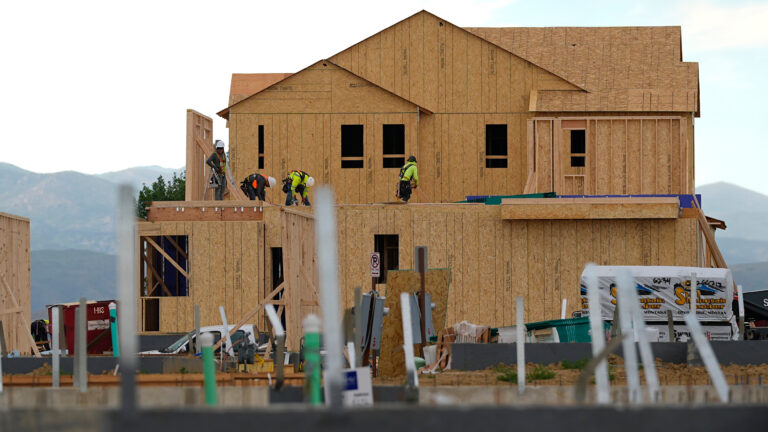
Homebuyer demand improved at the start of April. But tariff turmoil, rising rates and economic jitters are likely to hamper sales, Redfin said in a

Netflix (NFLX), Warner Bros. (WBD), and other media stocks fell Monday following President Trump's call for a 100% tariff on all foreign-produced films. Stocks recouped

NEW YORK (AP) — Uncertainty continues to hang over the latest round of financial results and forecasts for companies both big and small as they

Trump’s tariffs could increase prices on essentials like clothing, toys, and childcare, adding strain to already high U.S. child-rearing costs.

Poll shows rising fears of recession and inflation as trust in Trump’s tariff and economic strategies declines three months into his second term.
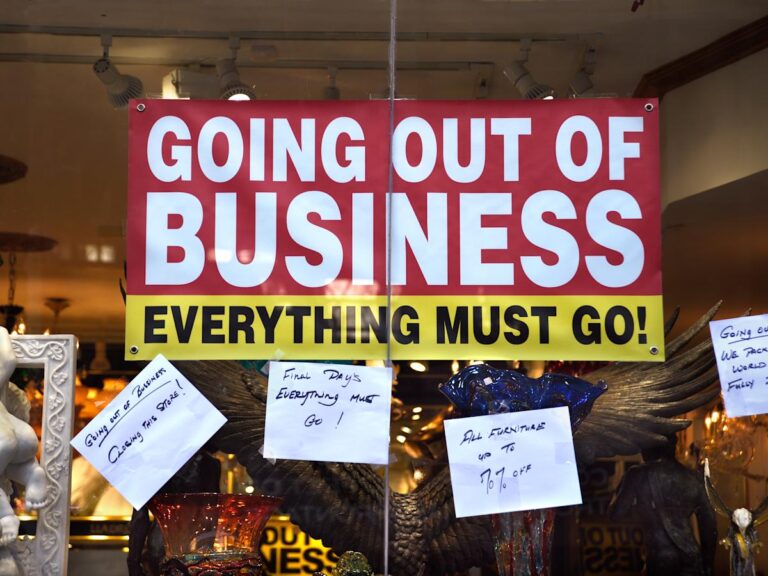
The risk of a recession this year has spiked to 90%, according to Apollo’s Torsten Sløk. That’s because tariffs could result in a big blow
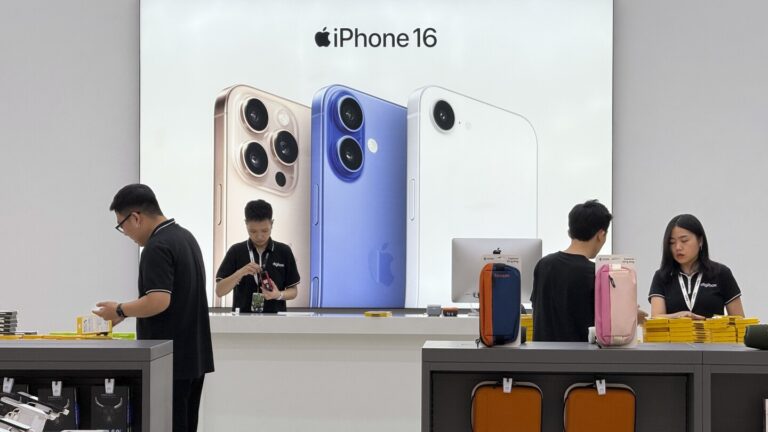
Trump’s shifting tariff policy on electronics leaves tech firms and consumers uncertain, with possible new levies on semiconductors looming soon.
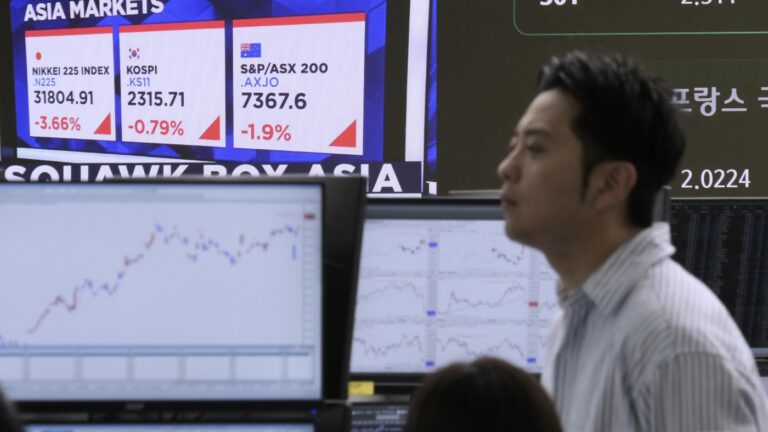
China announced a 50% tariff on U.S. imports, escalating trade tensions. Stock markets dropped globally, raising recession fears.

U.S. consumer sentiment dropped sharply in April amid trade war concerns, with the University of Michigan’s index hitting its lowest since COVID-19.
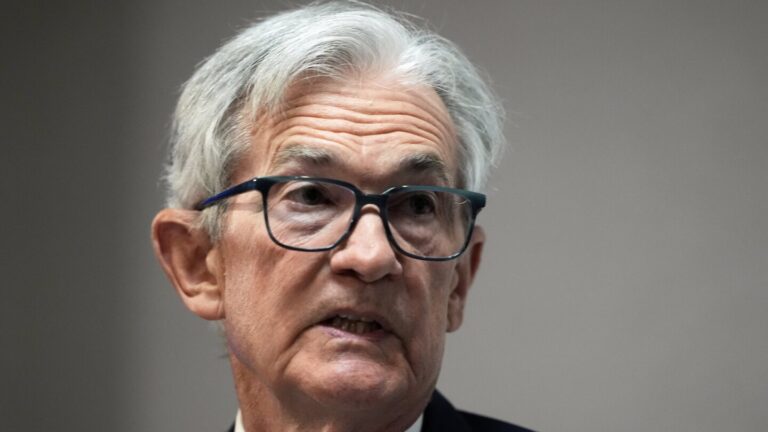
Federal Reserve Chair Jerome Powell warns that new Trump tariffs could lead to higher inflation and slower U.S. economic growth, complicating Fed policy.

Trump’s global tariff threats leave S&P 500 forecast flat for 2024, as earnings outlook dims and strategists brace for ongoing trade uncertainty.

Target CEO warns Trump’s tariffs could trigger massive costs and falling sales, as inflation and boycotts pressure consumers and retailer pricing.

Some small business owners say Trump’s 90-day tariff pause with China adds uncertainty, forcing delays in orders, pricing, and expansion plans.

Trump’s China tariffs drop amid global pushback, with nations delaying talks as U.S. pain mounts and leverage shifts away from Washington.

Trump’s tariff deal with China raised costs for small U.S. businesses, forcing many to adjust supply chains or raise prices to stay afloat.

Estimates suggest Trump’s tariffs could cost US families $3,100–$4,900 yearly, hitting low-income households the hardest with higher prices on goods.

Kraft Heinz seeks 60-day notice from coffee suppliers before tariff-related price hikes, aiming to manage costs amid rising bean prices and trade shifts.

President Trump unveiled tariffs of at least 10% Wednesday on virtually the entire world, with one notable exception: Russia. The intrigue: Press Secretary Karoline Leavitt

Parents face surging kids’ clothing costs—up to 145%—due to 2025 tariff hikes, prompting thrift shopping, swaps, and creative budget strategies.

Homebuyer demand improved at the start of April. But tariff turmoil, rising rates and economic jitters are likely to hamper sales, Redfin said in a

Netflix (NFLX), Warner Bros. (WBD), and other media stocks fell Monday following President Trump's call for a 100% tariff on all foreign-produced films. Stocks recouped

NEW YORK (AP) — Uncertainty continues to hang over the latest round of financial results and forecasts for companies both big and small as they

Trump’s tariffs could increase prices on essentials like clothing, toys, and childcare, adding strain to already high U.S. child-rearing costs.

Poll shows rising fears of recession and inflation as trust in Trump’s tariff and economic strategies declines three months into his second term.

The risk of a recession this year has spiked to 90%, according to Apollo’s Torsten Sløk. That’s because tariffs could result in a big blow

Trump’s shifting tariff policy on electronics leaves tech firms and consumers uncertain, with possible new levies on semiconductors looming soon.

China announced a 50% tariff on U.S. imports, escalating trade tensions. Stock markets dropped globally, raising recession fears.

U.S. consumer sentiment dropped sharply in April amid trade war concerns, with the University of Michigan’s index hitting its lowest since COVID-19.

Federal Reserve Chair Jerome Powell warns that new Trump tariffs could lead to higher inflation and slower U.S. economic growth, complicating Fed policy.